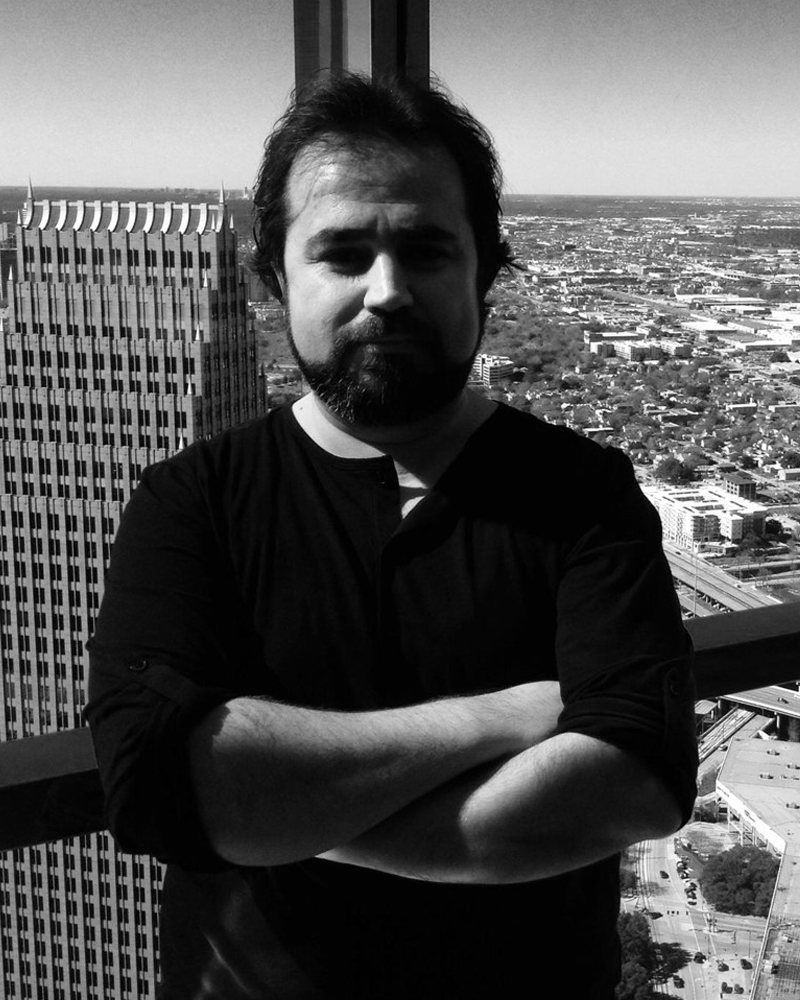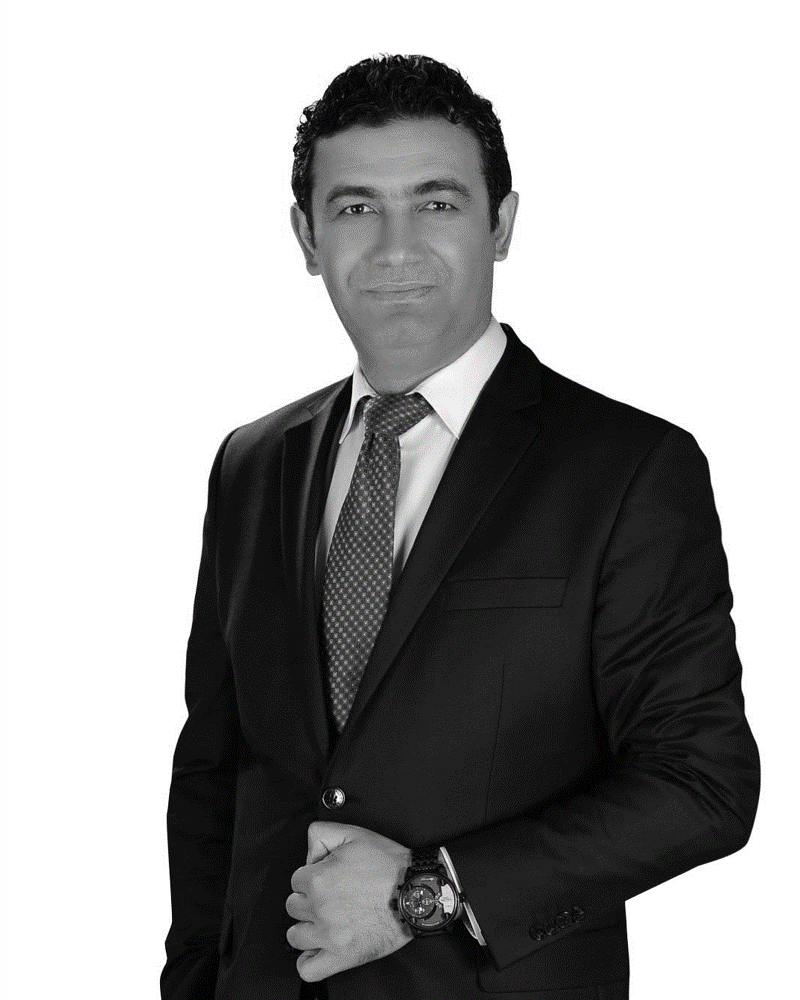Our Philosophy
We discovered in ancient Mesopotamia that we would achieve more productivity by living and working together. Previously, while we were trying to do everything for our own needs, we learned to exchange what we produce by specializing in certain tasks. The initial results were amazing; we were producing and earning more with less effort. However, this new situation had its own problems and the relationships between producers needed to be regulated. In 1700 BC, Hammurabi, the ruler of Babylon, left his manifesto, which has survived to this day, as a milestone in history.
Although the initial intervention was positive, it was not enough; there was much more to learn. As a result of our ongoing needs and what we learned, the Lydians invented money in the 7th century BC, adding another milestone to human history. We had started to learn how to produce and live together, but there was still much to learn and discover, and we were just at the beginning. While most of our people were focused on daily routines, we did not realize the need for individuals who would question, explore, and lead our civilization. Sometimes, we considered these things contrary to our traditions and distanced ourselves from them and punished them.
In the 6th century BC, significant developments took place in Ionia, where the foundations of our civilization were laid. Figures such as Thales, Anaximander, and Anaximenes, who were the challengers of their time, emerged and established the Milesian School, which is still a source of inspiration for us today. The teachings of Ephesian Heraclitus, who will be among the elites of the future, such as "According to whom, according to what," are still used as sharp solutions to many sociological problems of our time.
These sparks turned into a fire of knowledge in Ionia. The most libraries and theaters in history were established in this region. However, as in every challenge, there were those who considered darkness as the real thing and turned their backs on the light. While their names were forgotten, they tried to preserve the darkness by judging Socrates, who became immortal with his trial.
Seeking and questioning the truth sometimes requires a heavy price, and not everyone can bear that price. That is why only one percent of our society questioned and showed the courage to search for the light. However, fate was determined; society would enlighten, civilization would develop. The one percent became the locomotive and led the ninety-nine percent.
After the Milesian School, Plato's Academy continued this challenge. This accumulation of knowledge accumulated for humanity and the emerging new elites brought the Roman Empire, which we accept as the institutional form of our current civilization, to the stage of history.We continue to remember Julius Caesar in July and the first Emperor Augustus in August for all the heritage left from this period, where concepts such as the Senate, Consul of the Republic, and Law matured. This period, where SPQR was hoisted, continued to guide us. After dark times, we did not overlook the footprints of these elites in Magna Carta in June 1215, during the Renaissance and Reformation periods, and in the American Constitution in 1787.
With the Industrial and Industrial Revolution, although our ambitions occasionally caused us dark periods, it is still the responsibility of today's elites to make the knowledge and technology produced sustainable. Problems such as occupational safety emerged first in the Industrial Revolution, which continued with the discovery of new continents, the acceleration of ship production, and the use of steam boilers in industry. The production of thousands of previously made individually and locally brought many problems together. Problems such as quality issues, inefficiencies, environmental damage, global warming, and risks to the society in which they are located became the most important problems.
In order to overcome these problems and take responsibility for a sustainable future, challengers have continued to walk with inspiration from the past for the last two centuries. In this context, many international agreements have been adopted. Universal Law, Universal Human Rights, and standards in Environmental, Occupational Safety, and Quality have formed IQI as the guiding principles of the new era. Located in Canada, a multicultural and multinational society that embraces the entire history of our civilization and supports its individuals and institutions for a sustainable future, the International Quality Institute continues to create the elites of the future by supporting you and your business in international standards.






